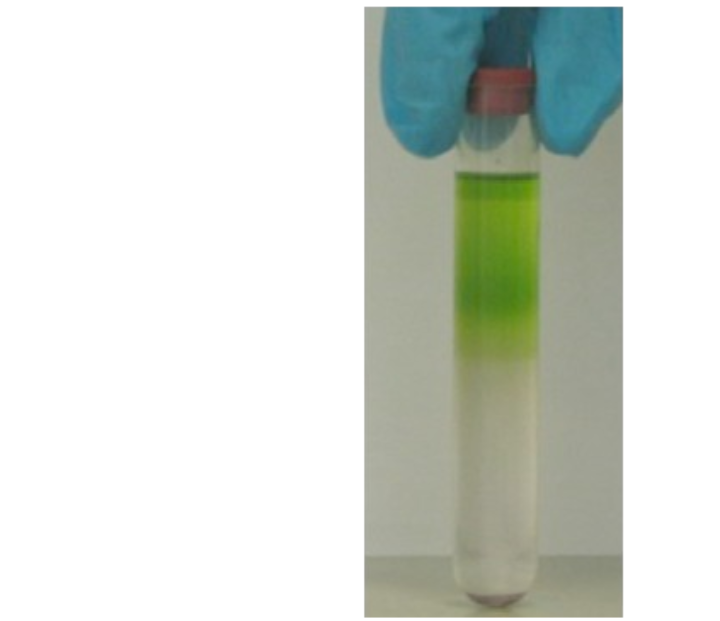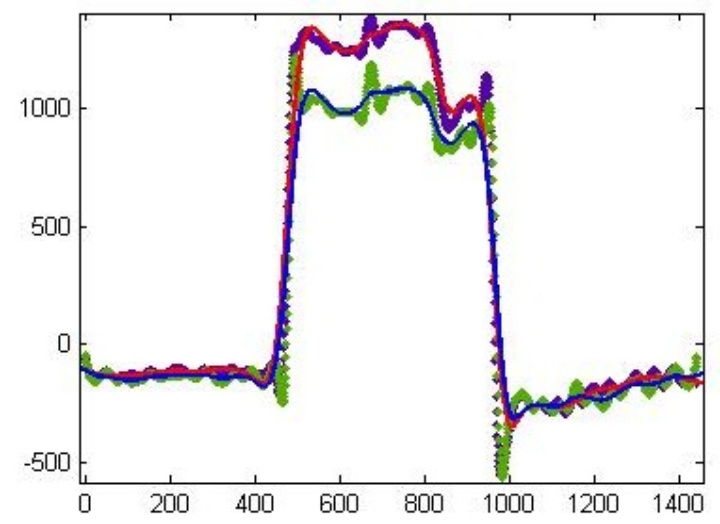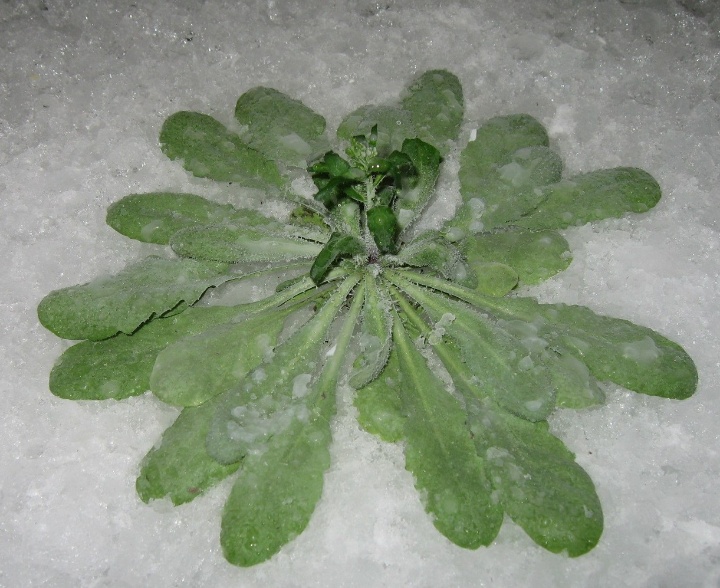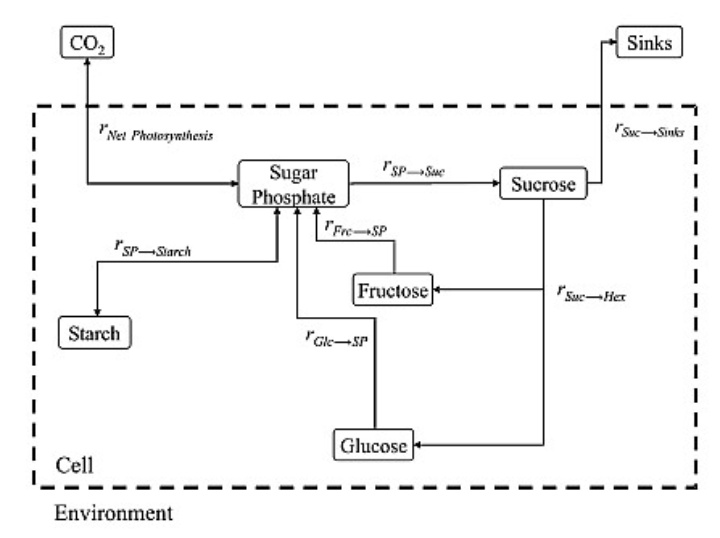Of Molecules and Systems
On our planet, plants are the only relevant primary producers of organic matter, so they build the basis for life on earth. Using sun light, they convert inorganic CO2 into organic compounds that represent building blocks and fuel growth of all living organisms. Higher plants constitute complex systems that are organized based on the division of labor between different organs, and these systems are able to sensibly respond to changes in their environment. Our aim is to understand, how these complex systems function and how they manage the challenges in a dynamic world.
Our work focuses on individual, photosynthetically active cells. These cells are made of various compartments that create different reaction conditions. Thus, the separation of subcellular compartments provides different "micro climates" within a cell. This allows biochemical reactions to take place in the different compartments, which would otherwise interfer. However, compartmentation also affords many transport processes that allow coordination of metabolism in the different compartments. How this is regulated, is subject of our work. To analyse metabolite concentrations within subcellular compartments, we use the non-aqueous fractionation technique as shown in the figure on the left.
Cells constitute tissues and these form organs that fulfil different tasks: green leaves provide reduced carbon for roots and flowers, roots supply water and nutrients. Green organs that export reduced carbon are called "sources", while their recipients are "sinks". The relationship between sinks and sources is complex. During the day, sources assimilate carbon (see figure: CO2 uptake in nmol/h*g fresh weight) - but during the night, sources rely on carbon stores for sink supply and for their own maintenance.
In temperate climates, seasonality is a challenge for plants: in spring they have to compete with other plants for resources such as light, nutrients and water. Summer can impose water deficit, and winter can bring about freezing stress (see left figure). How plants cope with abiotic stress is a focus of our research.
In all research fields, we apply mathematical modelling in order to cope with large data sets and non-intuitive network interactions. Our aim is to be able to simulate plant metabolism in silico (see figure on the left) to be able to predict the behavior of a plant in a changing environment.





